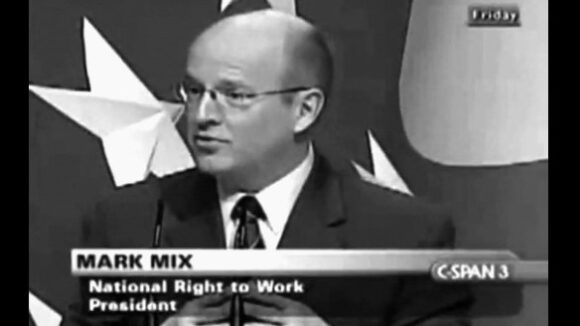Sherman's Folly
Rep. Brad Sherman wants to outlaw Right to Work laws and the Investor's Business Daily takes note: Job Killer: A California congressman wants to eliminate right-to-work laws in 22 states where workers don't have to join unions. If even-higher unemployment is his goal, he has the right idea. Rep. Brad Sherman, a Democrat who represents a large part of Los Angeles' San Fernando Valley, has introduced a bill that would repeal right-to-work statutes. These laws let workers employed at organized companies choose for themselves if they're going to join the union or pay union dues. In the 28 states without right-to-work laws, workers are forced to join the union if their employer has been organized. The depths to which lawmakers beholden to unions are willing to descend are almost bottomless, and labor is the second biggest contributor to Congressman Sherman's campaign in the current cycle. He wants to keep that 100% AFL-CIO rating and seems to have no compunction about wrecking jobs elsewhere (California is not a right-to-work state) to keep his union support. Sherman justifies the bill, H.R. 6384, on the free-rider argument. Right-to-work laws, he says, require unions to represent nondues-paying workers, and he wants those "exempt from paying" what he believes is "their fair share" to be forced into unions.


